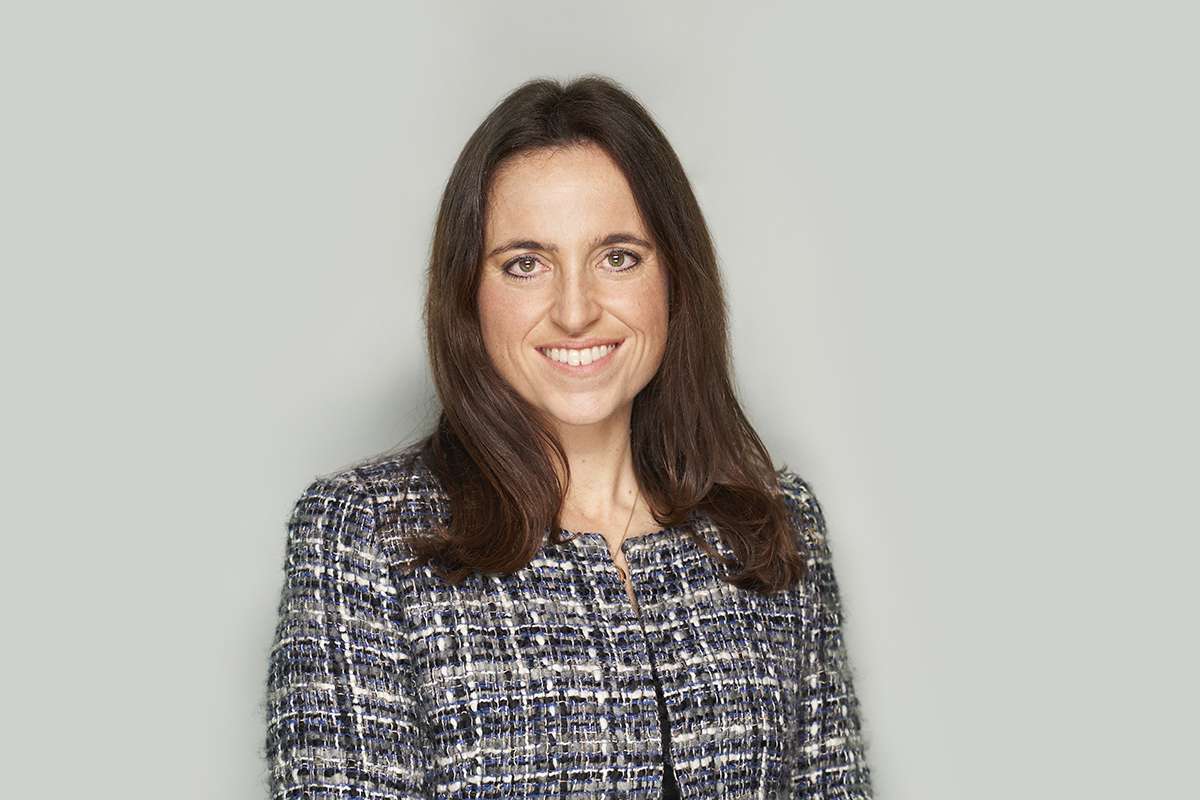Advising families: Reflections from the STEP Family Businesses book launch
Written by
In June, we were proud to host an inspiring evening to mark the launch of the latest edition of the STEP Handbook for Advisers: Business Families and Family Businesses.
Curated and hosted by Clare Stirzaker, the book’s editor, the evening featured a series of panel discussions designed to showcase the breadth of expertise captured in the Handbook. Clare shared in her opening remarks, “What I wanted to achieve with the book was not a very technical approach to how you advise families on tax and structures… for me, it was more around what else do I need to be thinking about when I talk to families about succession”. This principle shaped the evening’s programme.
Contributors included Hayden Bailey, Katie O’Callaghan, Catherine Grum of Catherine Grum Consultancy, Matthew Fleming of Stonehage Fleming, Matthew Braithwaite of Wedlake Bell, Tony Cohen of Kinestra Partners, Lily Kennett and Victoria O’Byrne of Schillings, Katharine Haggie and Hiral Kanzaria of Rawlinson & Hunter, Nic Arnold of JTC Private Office, Jennifer Ridgway of Farrer & Co, and Katharine Taylor of Rothschild. Together, they offered insights on the evolving dynamics of advising family businesses, from defining purpose and values to addressing risk, structuring and succession planning.
Exploring purpose and values in family business
The session began with a focus on the foundational role of purpose and values in family businesses. The panel explored how these concepts, often spoken about but rarely defined, can serve as guiding principles for decision-making, governance and succession, highlighting the importance of helping families articulate what truly matters to them and how aligning around shared values can foster trust, cohesion and long-term resilience.
Instead of relying exclusively on technical frameworks, they encouraged advisers to engage with the emotional and interpersonal dynamics that shape family businesses. The conversation stressed the importance of process, that the journey of defining shared values and purpose is often more impactful than the final articulation itself.
A key theme was the introduction of a ‘wealth spectrum’, which challenged the conventional focus on financial accumulation. The panel encouraged a broader understanding of wealth; one that also considers personal fulfilment, relational dynamics, and the sacrifices made across generations, acknowledging the need to ask deeper questions and listen more attentively, recognising that not all families aspire to preserve wealth in the traditional sense.
Ultimately, the discussion called for a more human-centred approach to advising family businesses, one that acknowledges complexity, embraces difference and builds frameworks rooted in shared meaning.
Navigating risk and building resilience
The second panel addressed the interconnected risks that family businesses face, both emerging and recurring. Longevity was a key theme, with speakers reflecting on how longer, more active lives are reshaping succession planning, governance and financial strategy. Advisers were encouraged to consider multi-generational involvement, evolving contribution frameworks and the need for flexible, long-term planning that incorporates extended health and life spans and continually shifting family dynamics.
Family law considerations were also explored, particularly the impact of divorce and the growing role of pre- and post-nuptial agreements, emphasising the importance of proactive planning and open conversations to protect both the business and the individuals involved.
Communication emerged as a critical factor in mitigating disputes. Speakers shared practical approaches to fostering open dialogue across generations, stressing the importance of consistency, transparency and emotional intelligence. The need for safe, facilitated spaces was highlighted, with advisers encouraged to prioritise listening and empathy over technical precision.
The panel also addressed reputational risk, reframing reputation as both a vulnerability and a strategic asset. In today’s transparent and fast-moving environment, reputation is no longer a passive quality, it must be actively shaped, protected and aligned with the family’s values and public narrative.
Structuring for continuity and change
The final panel explored the evolving role of structuring in family business advisory, particularly in light of recent UK tax changes that have prompted renewed scrutiny of traditional models. Panellists shared perspectives on how families are adapting their approaches to trusts, governance and succession, with an emphasis on flexibility, clarity and emotional intelligence.
Discussions covered the strategic and emotional complexities of business sales, including the importance of aligning exit strategies with family values and preparing for the personal impact of transition. Structuring was framed not only as a technical exercise but as a deeply human process, with advisers often acting as counsellors during moments of change.
Trust structures were examined in depth, with panellists highlighting their enduring relevance despite shifting tax advantages. The conversation focused on the importance of clearly defined roles, ongoing communication and dispute-prevention mechanisms to ensure trusts remain effective tools for continuity.
The panel also shared practical insights on how families can preserve continuity while adapting to change, whether through restructuring, sale, or succession planning. They also encouraged a holistic approach that integrates financial, operational and emotional considerations into long-term family strategy.
A shared commitment to thoughtful advisory
One of the most rewarding aspects of the evening was the active participation from the audience. Thoughtful questions and reflections added depth to the discussions, reinforcing the collaborative spirit of the event. The open exchange of ideas and experience created a space for learning, challenge and connection, and underscored the value of bringing together diverse voices from across the advisory community.
Several audience contributions stood out. One participant reflected on the power dynamics between generations, noting that “pragmatism and fear” often shape how younger family members engage with senior figures who “wield the levers of power and access to family wealth”. Another highlighted the importance of empathy in advisory work, suggesting that “authentic guidance often stems from direct personal experience of the life episodes that intersect with these businesses”. In a moment of enlightening wisdom, an audience member proposed that reading fiction might be one of the best ways to understand the human complexity behind the technical work undertaken by advisers.
The event also reinforced the depth of our expertise and our role in shaping the future of family business advisory, spanning private wealth, governance, family law and beyond. It was more than a celebration, it was a reaffirmation of our shared commitment to thoughtful, value led advisory.
We are proud to be part of this community and to continue supporting families in navigating the challenges and opportunities of enterprise with insight, integrity and care. We remain committed to honouring the trust that families place in us every step of the way.
For more information on the STEP Handbook for Advisers – Business Families and Family Businesses, please click here.



